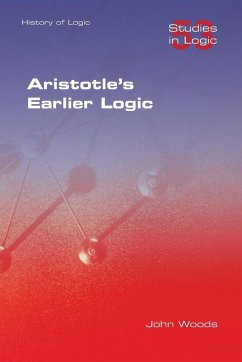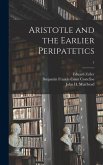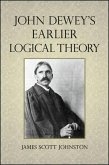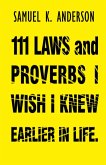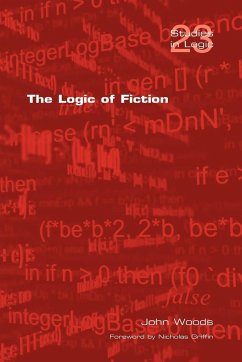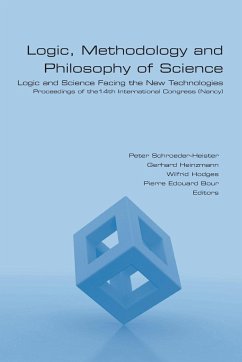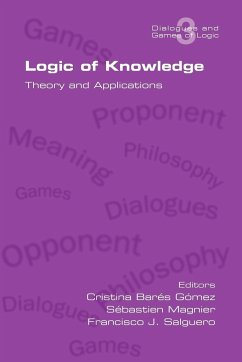The first edition of Aristotle's Earlier Logic attracted some favourable attention. In his review for the journal Argumentation, David Hitchcock writes, "The book is a treasure trove of sophisticated logical explorations of the ideas in Aristotle's early logical writings, ... in touch with a wide range of contemporary formal work .... Students of Aristotle's logic and theory of argumentation should find themselves consulting it frequently. And there are important lessons in it for contemporary scholars, whether they be logicians or theorists of argumentation." The second edition seeks to improve upon the original, partly in response to David Hitchcock's own valuable criticisms and the author's reconsideration of some of its central points of interest. The new edition presents the logic of the syllogism as a logic of two separate but linked parts. Part one is a logic of syllogisms-as-such. Part two is the logic of syllogisms-in-use. This division is discernible in both On Sophistical Refutations and the Analytics alike. In the former in-use logic is the logic of dialectical engagement, and in the latter is the logic of scientific demonstration. Common throughout is the logic of as-such, which is neither dialectical nor demonstrative in character. The new edition also develops a fuller answer to the question of how, if at all, Aristotle's logic matters today. John Woods is Director of the Abductive Group at the University of British Columbia, and Emeritus President of the University of Lethbridge. He is, with Dov Gabbay, co-editor of the eleven-volume Handbook of the History of Logic
Bitte wählen Sie Ihr Anliegen aus.
Rechnungen
Retourenschein anfordern
Bestellstatus
Storno

